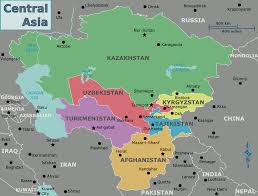
Introduction
Predators play a vital role in maintaining the balance of ecosystems across the globe. These organisms hunt and feed on other animals, thereby regulating the populations of prey species and contributing to the overall health of their environments. Understanding the importance of predators is essential for conservation efforts and ecosystem management, particularly in the face of shifting climates and human expansion, which have led to the decline of many predator populations.
The Importance of Predators
Predators are considered keystone species due to their significant impact on the structure and function of ecological communities. For example, in North America, the reintroduction of wolves into Yellowstone National Park has shown how predators can help control herbivore populations, such as deer. This control leads to a rebalancing of the entire ecosystem, allowing vegetation to recover and support a broader range of wildlife.
Moreover, predators can maintain the health of prey populations by targeting the sick, weak, or old individuals, which promotes natural selection. This process can lead to more robust prey species over time, fostering greater biodiversity and resilience in ecosystems.
Current Challenges Facing Predators
However, many predator species face significant challenges today due to habitat loss, hunting, and climate change. According to the International Union for Conservation of Nature (IUCN), many large carnivores are now on the brink of extinction. For instance, over 30% of all shark species are threatened primarily due to overfishing and habitat destruction. These declines not only threaten the predators themselves but also the ecosystems they help sustain.
Conservation Efforts
Efforts to conserve predator populations have become increasingly vital. Various conservation organizations are working to create protected areas, promote sustainable practices, and engage communities in the preservation of predator species. Educating the public about the significance of predators can also play an essential role in mitigating human-wildlife conflicts and fostering coexistence.
Conclusion
In conclusion, understanding the role of predators is crucial for maintaining ecological balance and biodiversity. As apex and mesopredators, they contribute to the health of ecosystems across the planet. Protecting these species is not just about preserving individual animals but is also a crucial aspect of safeguarding entire ecosystems against the threats posed by human activities and climate change. With continued efforts in conservation, we can ensure that predators continue to thrive, ultimately benefiting the health of our planet.



